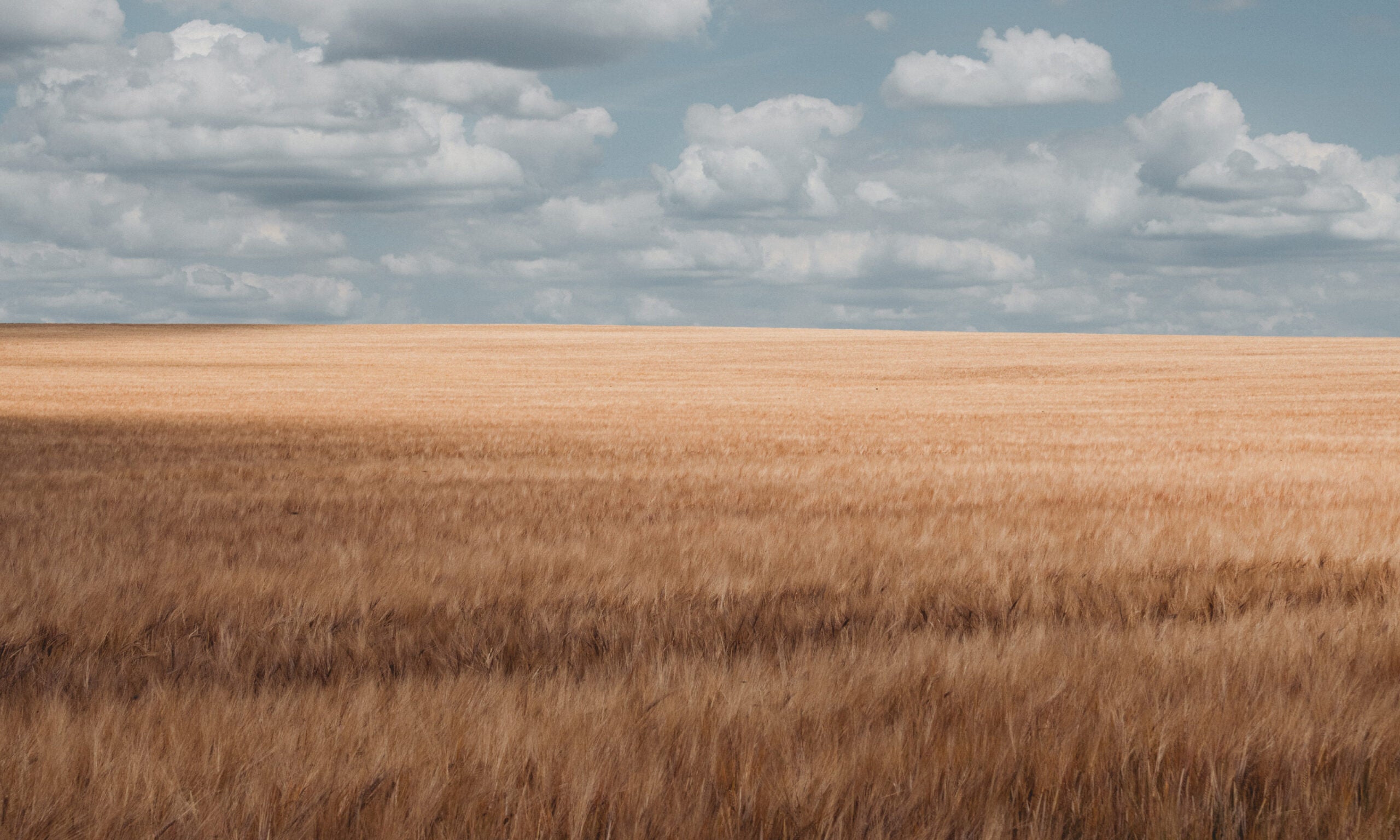Recently, my husband has reached a new level in his coffee enthusiasm: he has started roasting his own coffee beans. From my amateur observations, I notice that he receives raw beans, which are green in color, and then heats them up until they reach a rich brown. But the most burdensome part is when he removes the chaff. The roasting process dries the skin of the beans, leaving chaff, which is a flaky and inedible substance. Because the chaff is so light, the air from one sweep of a broom sends it everywhere. But, once all the chaff is gone, the beans are gathered and stored.
Chaff is not only the byproduct of roasted coffee but also the dry husk removed from wheat grains. In the wheat context, the processes of threshing, which is pressing or beating wheat sheaves, and winnowing, which is blowing air through wheat sheaves, are used to remove the chaff from the grains. In the ancient world, people often threshed by stomping on the sheaves themselves or with oxen or cattle, and then they winnowed by lifting up the beaten sheaves and letting the wind carry the chaff away. They performed these processes in a designated area called the threshing floor and gathered the remaining grain into a storehouse.
Understanding the wheat, chaff, threshing, and winnowing as symbols in God’s Word
The Bible, which is God’s Word, includes references to wheat, chaff, and the processes of threshing and winnowing as symbols of God’s saving work. God desires to gather His people to Himself, and Scripture presents this truth through the image of separating wheat grains from the chaff. As believers, we can read this symbolism with the comfort that through our faith in Jesus, God will keep us safe in His presence for eternity.

The meaning of the parable of the wheat and weeds
In His parable of the wheat and weeds, Jesus taught that the children of God were good seeds that sprouted, and then were harvested and brought into the kingdom of heaven (Matthew 13:36–43). The chaff is the wicked, those who are committed to their sin and rebel against God’s goodness. The psalmist confirms this idea in psalm 1:4–5 when he writes, “The wicked are not like this; instead, they are like chaff that the wind blows away. Therefore the wicked will not stand up in the judgment, nor sinners in the assembly of the righteous.” Before these verses, the psalmist notes that, because God gives them security, the righteous are like a tree planted firmly by water. In contrast, the wicked have no foundation or strength in the Lord.
Threshing and winnowing and God’s judgment and mercy
Threshing and winnowing serve as representations of God’s judgment and mercy. In Matthew 3, John the Baptist introduced the saving work of Jesus. He said,
I baptize you with water for repentance, but the one who is coming after me is more powerful than I. I am not worthy to remove his sandals. He himself will baptize you with the Holy Spirit and fire. His winnowing shovel is in his hand, and he will clear his threshing floor and gather his wheat into the barn. But the chaff he will burn with fire that never goes out. – Matthew 3:11–12
John explained that Jesus would come to judge the wicked, who, because of their sin and rebellion, would not be able to stand against the Lord. Instead, they would be cast off from God’s presence and float away like chaff being removed from wheat. But the righteous would be preserved and gathered into God’s presence like wheat grains being collected into a storehouse.
Understanding the wheat grains and the storehouse
None of us are righteous (Romans 3:10). We are all sinners and deserve eternal separation from God’s goodness. But the Lord is merciful. God has gathered those righteous in Christ—those who have an imperfect yet unwavering commitment to the Lord, those who know of their sin and cling to Jesus for salvation. He saves us sinners from judgment without compromising His justice because Jesus Christ bore punishment on our behalf. Though He was sinless, Jesus faced God’s wrath and offered His life to pay for our sins.

Because of His obedience, Jesus did not remain in the grave but rose, as the first wheat crop rises for harvest.The Father brought His perfectly righteous Son into His presence and established Him as King over the kingdom of heaven.
Through our faith, God covers us in Jesus’s righteousness. In the Savior’s life, death, and resurrection, we are preserved from judgment. Therefore, we will rise from the grave and soon join Christ (1 Corinthians 15:20–24, 50–54). In Jesus, we are wheat grains, made ready to enter the storehouse of heaven.At Christ’s second coming, God will indeed gather His people. This truth brings us comfort that there is a way to overcome sin and its doom. We will not be carried away to eternal darkness like chaff. If we face loneliness or abandonment in this life, we can always come into God’s goodness through the indwelling Holy Spirit. And we can rejoice in the fact that we will forever find shelter in the Lord.

To learn more about studying God’s Word, make sure you check out The Daily Grace Co.’s Search the Word resources.
Source:
Got Questions Ministries. “What is the meaning of chaff in the Bible?” Got Questions. Updated Accessed June 2, 2022. https://www.gotquestions.org/chaff-in-the-Bible.html.










